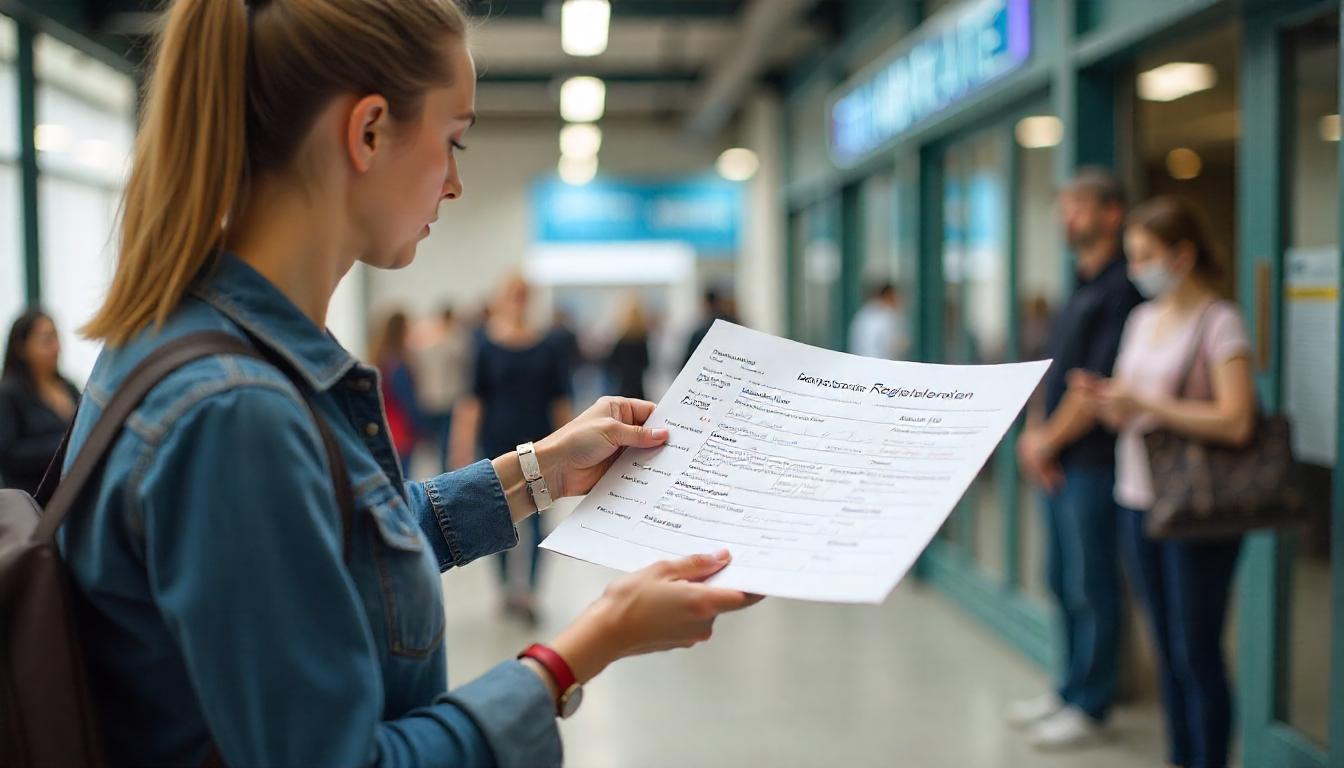Documents Checklist for Society Registration Application: Comprehensive Guide to Ensure a Smooth Process
Introduction
Registering a society is a crucial step for groups aiming to get recognized legally. It helps prove your organization’s legitimacy, opens doors for grants, and gives you legal protection. However, many face delays or rejections because they miss important documents. A complete and well-organized documents checklist can make the process faster and less stressful. Knowing exactly what to prepare saves time, reduces mistakes, and increases the chance of approval on the first try.
Understanding Society Registration: Key Concepts and Legal Frameworks
Definition and significance of society registration
A society is a group formed by individuals for a common cause. Legally, it’s a formal body recognized by law. Registration offers benefits such as tax exemptions, ability to sue or be sued, and eligibility for government grants. It’s like giving your group an official identity in the eyes of the law, making your activities more credible and trustworthy.
Relevant laws and regulations
Most societies are registered under specific laws. For example, in India, the Societies Registration Act of 1860 is widely used. Laws may have recent updates affecting registration procedures or necessary documents. Staying informed about these updates ensures your application meets current legal standards.
Who needs to register a society?
Any group formed to promote a social, charitable, educational, or cultural purpose can register as a society. Examples include charitable trusts, cultural clubs, or professional organizations. Registering isn’t mandatory everywhere, but it offers legal benefits and helps avoid future complications.
Essential Documents for Society Registration
Basic identity and legal documents
- Identity proofs: Valid ID cards or passports of founding members
- Photographs: Recent passport-sized photos of key office bearers
- Address proof: Utility bills or rental agreements for the society’s office address
Founding documents
- Memorandum of Association (MoA): Outlines the society’s purpose, name, and main objectives.
- Articles of Association (AoA): Details rules about managing the society, membership, and meetings.
Registration-specific forms
- Application form: Usually provided by the registration authority
- Affidavits or declarations: Sworn statements from founders confirming the details and intentions
Additional statutory documents
- List of elected office bearers: Names and ID proofs of presidents, secretaries, treasurers
- No Objection Certificate (NOC): From landowners or relevant authorities, especially if the society operates on rented land
Specific Documentation for Different Types of Societies
Charitable and Non-profit Societies
These often need:
- Income tax exemption certificates
- Proof of charitable activities and compliance with relevant laws
Cultural and Educational Societies
Prepare:
- Membership lists
- Bylaws or constitutions
- Evidence of recent activities like event reports or newsletters
Professional and Trade Societies
Key documents include:
- Trade licenses
- Member registration records
- Certification from licensing authorities
Practical Tips for Preparing the Documents
Ensuring document validity and authenticity
All documents should be current, genuine, and properly notarized or legalized. Using outdated papers can lead to delays or rejection. Always verify details carefully before submitting.
Organizing documents for submission
Create a checkered list of required items. Use folders—digital and physical—to keep everything sorted. Number or label documents for easy tracking. Always have digital copies saved, just in case.
Common pitfalls to avoid
Missing signatures or official stamps is a quick way to mess up your application. Providing inconsistent information or using unverified documents can raise red flags with authorities. Double-check every detail before submitting.
Expert Recommendations and Case Studies
Legal experts warn that incomplete or poorly organized documentation is a main reason for delays. Successful registration stories show that careful preparation and accurate paperwork speed things up. Some organizations hire professionals to verify their documents before submission, which reduces mistakes. Resources like legal advisors or government portals can provide checklists or templates to help you stay on track.
Conclusion
Getting your society registered involves a clear set of documents that must be accurate, complete, and well-organized. A thorough checklist ensures you don’t miss anything important. Remember, accuracy and neatness matter a lot. Double-check every paper before submitting it. By preparing properly, you increase your chances of quick approval and smooth registration. This simple step pays off in making your organization legally strong, able to operate without hurdles, and capable of growing in future endeavors.
